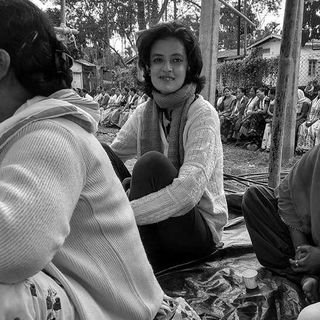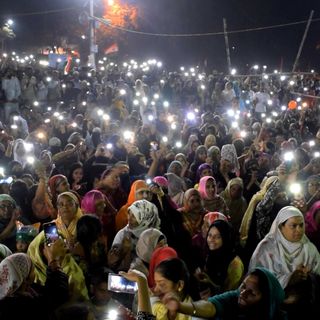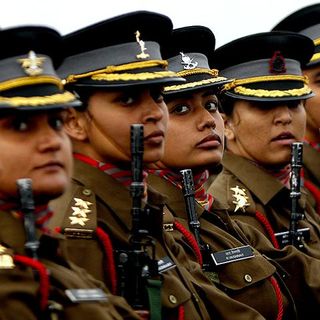When it comes to weighing the value of life, there is no singular moral standard. Some people may beg to differ, but the greatest proof of this moral diversityis the Trolley Dilemma, a philosophical exercise that has always confused people in many different ways.
The Trolley Dilemma goes like so: A tram hurtles towards two diverging tracks, one of which has five workers standing in the way, and the other, one. A lever positioned beside the decision-maker decides which path the tram would take, killing either five workers or one. Which track would you choose for the trolley? Would you allow the trolley to kill five workers and save one, or kill one worker but save five?
The question, in itself, is not designed as an answerable one, but rather as one that makes us engage with moral dilemmas and the value of life. Created by philosopher Philippa Foot in order to understand the ethics of abortion, the problem has fascinated philosophers over the years, and later used by engineers and neuroscientists studying innovations in artificial intelligence (like self-driving cars) and studying the brain’s response to moral conflict.
The Trolley Dilemma has also had its share of demographic differences — with women and younger people more likely to save one person over five. Now, according to new research, the trolley problem is yet another line drawn in the sand between the ‘West’ and the ‘East’: Researchers posed the Trolley Dilemma to 70,000 participants in more than 42 countries, asking them to choose between one life or five, and found that people from Europe, Australia, and the Americas were more likely to sacrifice one life to save five. However, those from China, Japan, and Korea were a lot less likely to give a straightforward answer, finding the dilemma ‘morally questionable.’
The East-West cultural dissonance isn’t random. Researchers postulate that Eastern countries are more likely to have close-knit communities, in which the idea of sacrificing one, even for the benefit of several or all, seems a lot more disturbing. In comparison, in Western countries, people are more likely to move from social group to social group, and so might find it easier to voice their thoughts and disagree, which makes it easier to have stronger opinions and stand by tougher decisions.
Related on The Swaddle:
Rational People Are More Self‑Serving, While Reasonable People Are More Considerate: Research
The study also utilized a variant of the Trolley Dilemma, created by philosopher Judith J. Thomson, wherein the decision-maker must choose either to let a tram kill five workers, or to throw a man of considerable heft off the footbridge and onto the tracks, in order to stop the train and save the five workers. This variant is important as, unlike the original trolley problem, not everyone faces a potential negative consequence equally. The man who is thrown off the footbridge is actively put in harm’s way when he didn’t have to be, in order to save the lives of five workers. Over 81% of the total respondents, with the majority coming from ‘Western’ countries, chose to kill one in the original problem, and more than 50% chose to throw the man off the footbridge to save five lives.
This research, though seemingly theoretical, could have practical usage as it could influence the engineering of artificial intelligence, especially self-driven cars, as well as the crafting of policies that govern smart machines
“Sacrificial dilemmas provide a useful tool to study and understand how the public want driverless cars to distribute unavoidable risk on the road,” Dr. Edmond Awad,Ph.D. lead researcher and a lecturer at the University of Exeter, U.K., said in a statement.




